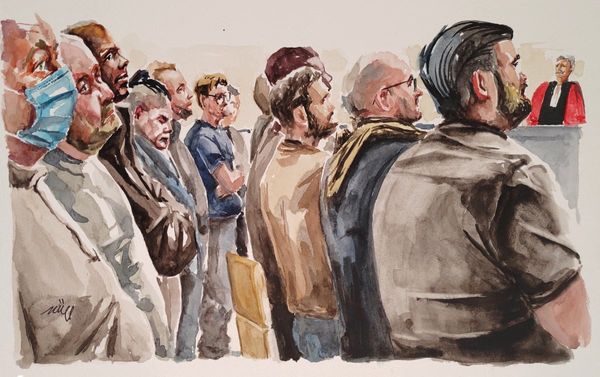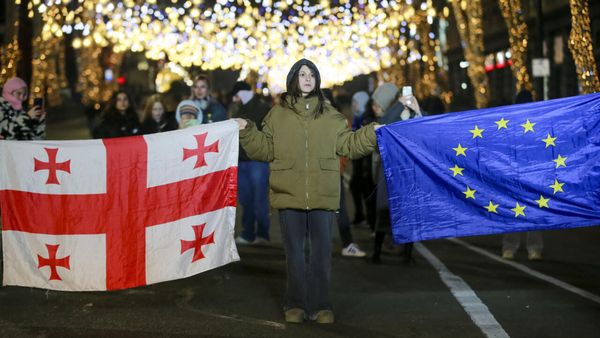
Prominent Australian monarchists view their opposition to the Voice to Parliament as an opportunity to undermine notions of a future referendum on an Australian republic.
Former Liberal prime minister John Howard told a meeting of the Australians for Constitutional Monarchy (ACM) group in Sydney on Monday he hoped the Voice referendum would fail partly because it would have a chilling effect on the republican movement.
“If this [October 14] referendum is heavily defeated, which I hope it will be, that will discourage the current government from having a referendum on a republic,” Howard said in a pre-recorded video aired at the gathering.
Howard, a monarchist whose government oversaw an unsuccessful republic referendum in 1999, said republicans would be “greatly emboldened” if the Voice referendum succeeded.
“It is my view that if it were to get up, and [the Labor government], as they promised, set about having a referendum on a republic, they will be greatly emboldened it if gets up. That’s why I hope it doesn’t get up.”
Prime Minister Anthony Albanese has long been a supporter of making Australia a republic, and appointed an assistant minister for the republic after taking office. But he has said consistently that the referendum on an Indigenous Voice to Parliament would take precedence.
“My priority is constitutional recognition [of Indigenous Australians] — I can’t imagine … as was suggested by some … that we should be having another referendum on the republic before that occurs,” Albanese said in May. “I think at some stage in the future that will occur … What I don’t want to do is to be a prime minister who presides over just constitutional debates.”
The ACM meeting, in a lecture hall in NSW Parliament, was also shown a video interview with former Liberal prime minister Tony Abbott. He said that in his view, the British colonisation of Australia had “had a wonderful impact, not just on us Australians, but the wider world”.
“We should be grateful, and indeed, Indigenous Australia is better today than it would have been, thanks to the British settlement of this country,” he said. “While I don’t say that British colonialism was blemish-free, at its best it … enabled the native peoples to walk in the pockets of justice. There was a high-mindedness to a lot of it.”
Abbott, who as prime minister faced calls to change the constitution to recognise Aboriginal and Torres Strait Islander peoples, said he wouldn’t back any such change if it was likely to “alter our system of government”.
“[Indigenous constitutional recognition] should be a change that completes our constitution, [but which] doesn’t change it in any meaningful way,” Abbott said.
University of Sydney constitutional expert Anne Twomey said monarchists were likely to be correct in assuming a defeated Voice would make it harder to achieve a republic referendum. She described the Voice referendum question as relatively simple, whereas amending the constitution to change the head of state would involve a far more complicated set of questions.
“There’s no particular relation between the Voice as a subject and the republic as a subject; it’s more a question as to how the Australian people approach referendums and constitutional reform,” she told Crikey.
“If you can’t get a very simple referendum in relation to the Voice passed, it would make it extremely difficult to have a very complicated referendum on the republic passed.
“If the Voice referendum fails, it will do damage to the political capital and will … If we start treating the constitution as a sacred document that we shouldn’t change, that flows to other suggestions as well.”







